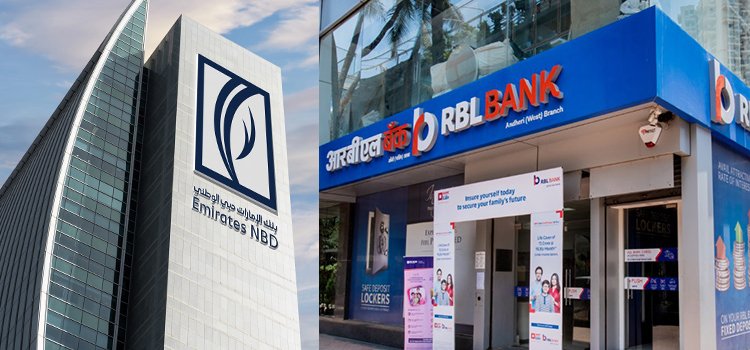AT THE HELM
Prashant Kumar, CEO, Yes Bank
- IBJ Bureau
- Mar 01, 2021

This March, it will be a year since Prashant Kumar took charge of troubled Yes Bank. In early March 2020, the Reserve Bank of India (RBI) imposed a moratorium on the Mumbai-headquartered, private sector lender as depositors lined up to withdraw their deposits. The one-month moratorium on Yes Bank limited depositors to withdraw only up to Rs 50,000 per account.
The
RBI’s drastic steps followed alleged misgovernance at Yes Bank, resulting in the
lender facing severe liquidity crisis amid mounting bad loans. The bank’s non-performing
assets (NPAs) had crossed over Rs 40,700 crore, accounting for nearly a fifth
of its loan book.
The
RBI superseded Yes Bank’s board headed by Rana Kapoor, its co-founder and
former chairman. The central bank appointed Mr Kumar – the then deputy managing
director and chief financial officer (CFO) of State Bank of India (SBI) – as
the administrator of Yes Bank.
The
RBI got SBI and seven other lenders to acquire a combined 79 per cent stake in
Yes Bank last March. That helped stabilise the situation and partially restore
confidence of depositors in the distressed lender. With
a semblance of order restored, Mr Kumar, 59, was tasked with getting Yes Bank
back into business. Donning the role of managing director and CEO of the
troubled private bank, Mr Kumar began cleaning up the mess step by step.
The
first task for the new Yes Bank chief was to restore the faith of the bank’s
depositors. The lender had suffered an outflow of more than Rs 1,04,000 crore in
the six months through March 2020, about half of its total deposits. Mr Kumar recalls
that he had set aside an hour a day during the first two months to call
depositors to reassure them personally about the bank’s stability.
The
other task at hand was to tackle the piling NPAs at the private lender. Soon
after taking charge, Mr Kumar created a separate stressed-assets team with 100
employees. He even separated departments that originated loans, assessed risk
and resolved stressed assets to reinforce administration. Besides, Yes Bank succeeded
in raising $2 billion of additional equity capital, albeit at a 55 per cent discount
to market price last July, reassuring the bank’s depositors and investors.
So,
a year after Mr Kumar took charge, Yes Bank reported a net profit of Rs 150.71
crore for the third quarter ended December 2020 as against a record loss of Rs
18,654 crore in the year-ago quarter. The bank’s gross NPAs as a percentage of
assets eased to 15.36 per cent compared with 18.87 per cent during the period
under review.
Yes
Bank’s turnaround, in the meanwhile, is progressing at a promising pace. And
the due credit for that should undoubtedly go to Mr Kumar. The seasoned banker,
who had joined SBI way back in 1983 as a probationary officer, had handled
various roles at SBI, including credit, human resources and training systems,
among others. The science and law graduate from Delhi University had also
served as chief general manager of SBI’s Kolkata and Mumbai circles. Yes Bank
certainly seems to be in the safe hands of Mr Kumar, the veteran banker with an
inspiring track record.





















Report By
View Reporter News